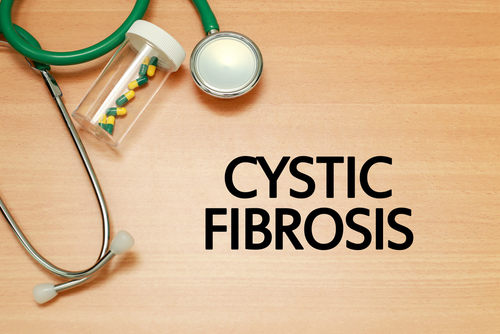Galapagos to Start Trial Testing New Triple-Combo Therapy for CF
Written by |

Galapagos is starting a clinical trial called FALCON to evaluate a new triple-combination therapy to treat cystic fibrosis patients.
The combination treatment, using experimental therapies GLPG2451, GLPG2222, and GLPG2737, all developed by Galapagos, shows early potential in non-human studies for treating cystic fibrosis.
In vitro assays have consistently shown that the triple-combination therapy has a significantly positive effect on human bronchial epithelial cells of CF with the F508del mutation, which is the most common mutation in CF patients.
The in vitro results show that the therapy can significantly increase chloride transport, which is impaired in CF, compared to the current available prescription medicine, Orkambi (lumacaftor/ivacaftor).
The F508del mutation in the CFTR gene, the most common mutation, results in a malfunctioning version of the CFTR protein. This causes abnormalities in chloride transport, which causes cystic fibrosis. (To date, more than 1,700 mutations are known to be disease-causing.)
A healthy person has two healthy copies of the CFTR gene. A person with CF inherits mutations that affect both copies of this gene, either homozygous — or the same — mutation (like F508del), or heterozygous, meaning different, mutations.
If the mutation is in just one copy of the gene, the individual will show no disease symptoms but be a carrier.
The FALCON study will have two parts. In part one, eight CF patients with the F508del mutation will be treated with a combination of GLPG2451 and GLPG2222 for two weeks, followed by the triple combination of GLPG2451, GLPG2222, and GLPG2737 for another two weeks.
In part two, eight CF patients with the homozygous F508del mutation and eight individuals with a heterozygous mutation will be treated with the same dual combination as above, but at a higher dose. This will be followed by a two-week triple combination treatment. The effectiveness of the treatment will be measured by changes in sweat chloride and lung function.
“Today marks a key milestone in our CF program. Since 2005, it has been our ambition to develop a disease-modifying therapy for CF,” Piet Wigerinck, PhD, chief scientific officer of Galapagos, said in a press release. “Now we are evaluating a first triple combination in CF patients, with the next triple combination coming up rapidly behind it.
“These steps bring us closer to our goal of offering patients, doctors, and payers more choice in their CF therapies,” Wigerinck added.






